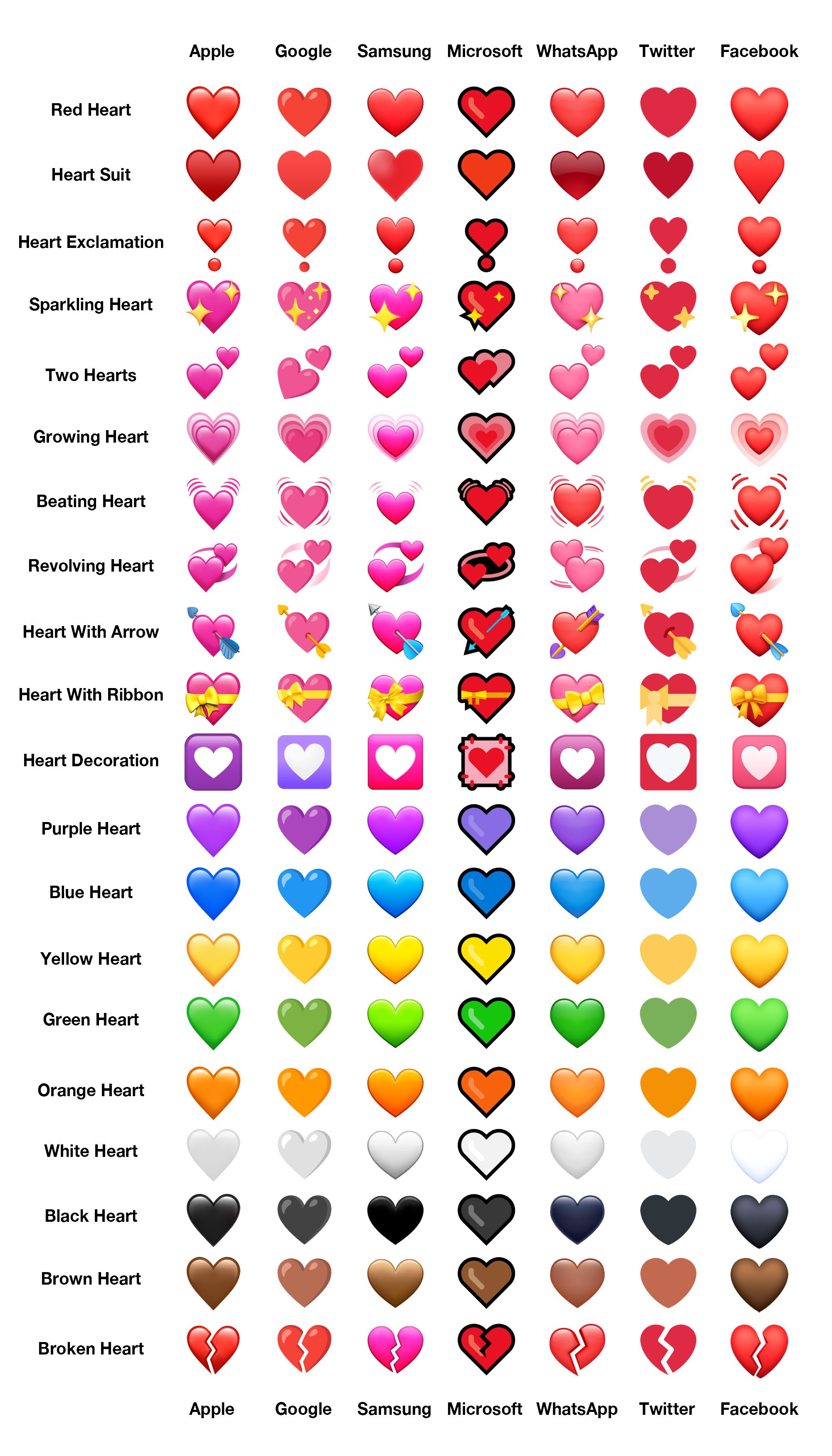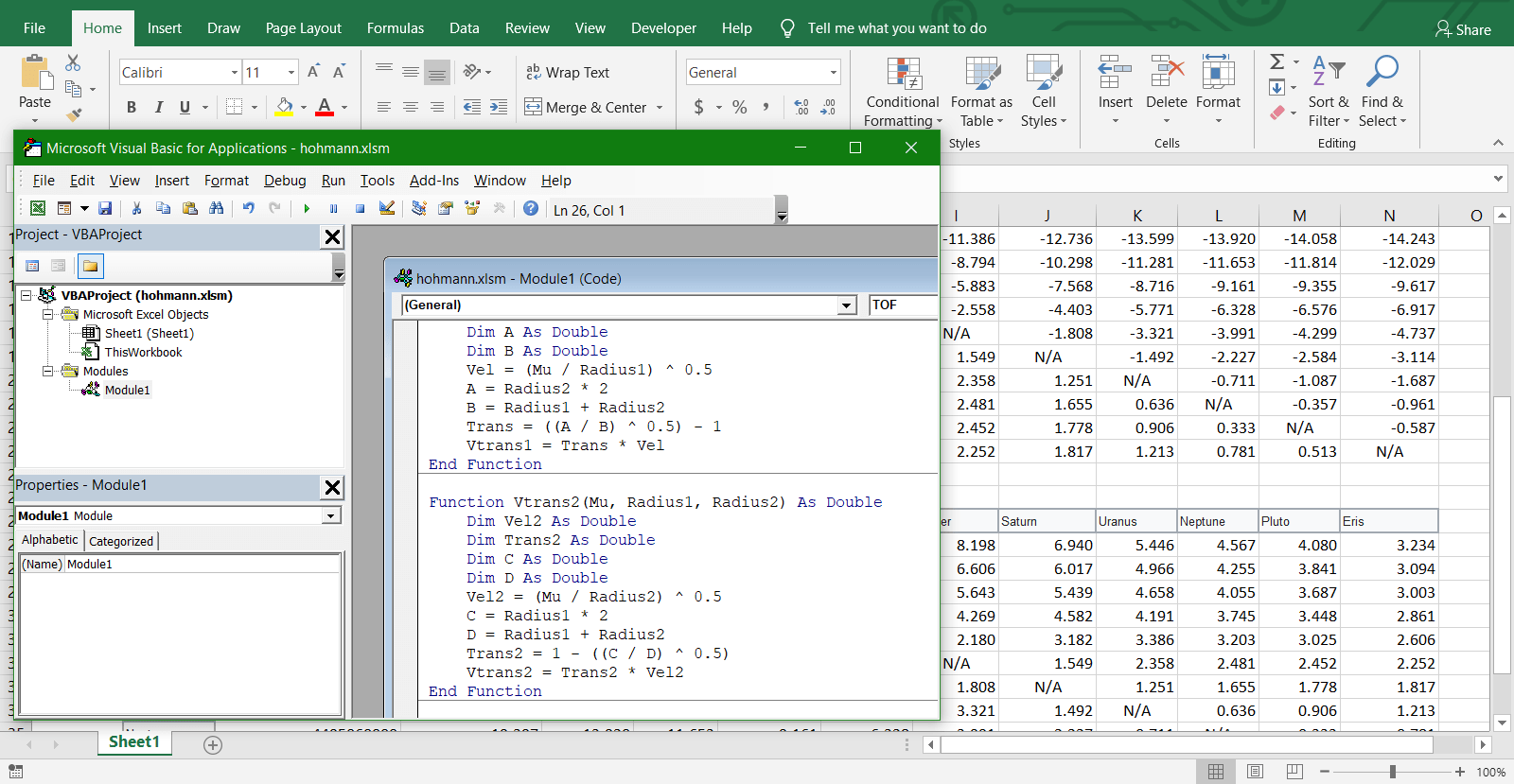Peerless Tips About What Is The Meaning Of :: In Coding

What Is The Deeper Meaning Of "Episode 1.2" ? Scifi Dimensions
What Does '
1. Understanding the Basics of '
Ever seen '::' in a piece of code and thought, "What in the world is that?" You're not alone! These seemingly simple double colons pack a punch. They're not just random punctuation; they're a powerful tool used in various programming languages, each with its own slightly different flavor. Think of them as a secret handshake in the coding world. It signals something specific is about to happen, usually related to accessing something within a larger structure.
At its core, '::' is an operator. In plain English, an operator is simply a symbol that tells the computer to perform a specific operation. Think of '+' for addition or '-' for subtraction. '::' is the "scope resolution operator." Sounds fancy, right? Don't let the name intimidate you. It essentially helps the computer find exactly what you're looking for by specifying its location within a hierarchy or namespace. It's like giving a very precise address, instead of just a vague idea of where something is.
So, why not just use a single colon or something else entirely? Good question! Programming languages often use different symbols to avoid ambiguity. Using '::' specifically indicates that you're accessing a member (like a variable or function) that belongs to a specific class, structure, or namespace. It adds clarity and prevents the compiler (the program that translates your code) from getting confused. Imagine if street addresses used the same number sequence for houses and apartments within a building — chaos would ensue! '::' helps avoid that kind of confusion in code.
To summarize, '::' tells the computer "Hey! Look inside this specific container (like a class or namespace) and find exactly this thing that belongs to it." It's about precision and organization, which are super important in writing code that actually works and is easy for other programmers (and your future self!) to understand. After all, no one wants to inherit a codebase that's messier than a teenager's bedroom, right?
2. '
C++ is perhaps the most well-known language that prominently features the scope resolution operator. In C++, '::' is absolutely crucial for working with classes and namespaces. Its how you specify that a particular function or variable belongs to a specific class, even if that class has the same name as something else in your code. Think of it like specifying which John Smith you're talking about when there are multiple John Smiths in the same town. John Smith who lives on Elm Street is a much more specific identifier.
For instance, if you have a class called `MyClass` with a function called `myFunction`, you'd access that function using `MyClass::myFunction()`. See how '::' connects the class name to the function name? Without it, the compiler wouldn't know which `myFunction` youre referring to, especially if another class or even the global scope also has a function named `myFunction`. This prevents naming conflicts and ensures the correct function is called.
Namespaces in C++ also heavily rely on '::'. A namespace is like a container that groups related classes, functions, and variables together. This helps to organize your code and avoid naming collisions. You can access members of a namespace using '::' as well. For example, if you have a namespace called `MyNamespace`, and it contains a function called `anotherFunction`, youd access it as `MyNamespace::anotherFunction()`. This keeps your code tidy and allows you to use the same names for different things without causing problems.
Imagine building a house without clearly defined rooms. That's what coding without proper scope resolution is like! C++ uses '::' to maintain order, ensure things are easily found, and prevent different parts of the house (code) from interfering with each other. It helps create code that's robust, maintainable, and less prone to errors. So, the next time you see '::' in C++, remember its not just a random symbol; it's the glue that holds the organizational structure together.
3. Beyond C++
While C++ might be the poster child for '::', its not the only language where you'll encounter this handy operator. Other languages, like PHP (especially in older versions) and some scripting languages, also use '::' for similar purposes, albeit sometimes with slightly different nuances. For example, in PHP, it's often used to access static members of a class. Static members are variables and functions that belong to the class itself, rather than to individual objects created from that class.
In PHP, using '::' to access a static method would look something like `MyClass::myStaticFunction()`. It's a way to call a function that's associated with the class, but doesn't require you to create an instance (or object) of the class first. This is useful for utility functions or variables that are shared across all instances of the class. So, if you need to access something class-specific without creating an object, '::' is your go-to tool.
However, it's important to note that the specific meaning and usage of '::' can vary from language to language. In some languages, you might see similar symbols used for related but subtly different purposes. Therefore, always consult the documentation for the specific language you're working with to understand exactly how '::' is being used in that context. Don't assume that because it works one way in C++, it will work exactly the same way in another language — that's a recipe for headaches!
The key takeaway here is that while the fundamental principle of scope resolution often remains the same, the specific applications of '::' can vary. Keep an open mind, read the documentation, and experiment with code examples to solidify your understanding of how it's used in different programming languages. It's all part of becoming a more versatile and proficient coder.
4. Potential Pitfalls and How to Avoid Them
Even though '::' is a powerful tool, it's not without its potential pitfalls. One common mistake is using '::' when you should be using the dot operator ('.'). The dot operator is typically used to access members of an object (an instance of a class), while '::' is used to access members of the class itself or a namespace. Mixing these up can lead to unexpected errors and frustration.
Another potential issue is overusing namespaces. While namespaces are great for organizing code, nesting them too deeply can make your code harder to read and understand. Excessive use of '::' to navigate through multiple nested namespaces can quickly become cumbersome. In such cases, consider using `using` directives or namespace aliases to simplify your code and improve readability. Think of it as using shortcuts instead of typing out the full address every time.
Furthermore, be mindful of naming conflicts. Even with namespaces, it's still possible to have naming conflicts if you're not careful. If you have two different namespaces with identically named classes or functions, you'll need to be extra diligent in using '::' to disambiguate them. Clear and consistent naming conventions can help prevent these conflicts in the first place. Good naming is more than just aesthetics; it's about making your code more maintainable.
Finally, remember that the behavior of '::' can sometimes be influenced by inheritance. If you're working with inheritance hierarchies, make sure you understand how '::' interacts with virtual functions and overridden methods. Incorrectly using '::' in these scenarios can lead to unexpected behavior and bugs that are difficult to track down. So, take the time to understand how inheritance affects scope resolution to avoid these kinds of issues. Its like understanding how the family lineage affects who inherits what.
5. FAQ
Q: Is '::' the same in every programming language?
A: Nope! While the general idea of scope resolution is similar, the specifics can vary. Always check the language's documentation.
Q: When should I use '::' instead of '.'?
A: Use '::' to access static members of a class or members of a namespace. Use '.' to access members of an object instance.
Q: Can I use '::' to access private members of a class?
A: Generally, no. Private members are only accessible within the class itself. '::' won't magically grant you access.

PREMIUM WEIGHT MICROFIBER ALLPURPOSE CLOTH The Janitors Supply Co., Inc.

What Is Vibe Coding? Meaning & Where It Came From

Meaning Of Black Heart Emoji In Urdu At Sean Chaffey Blog

Carabiner LGBT Meaning What Is The Lesbian Code?
